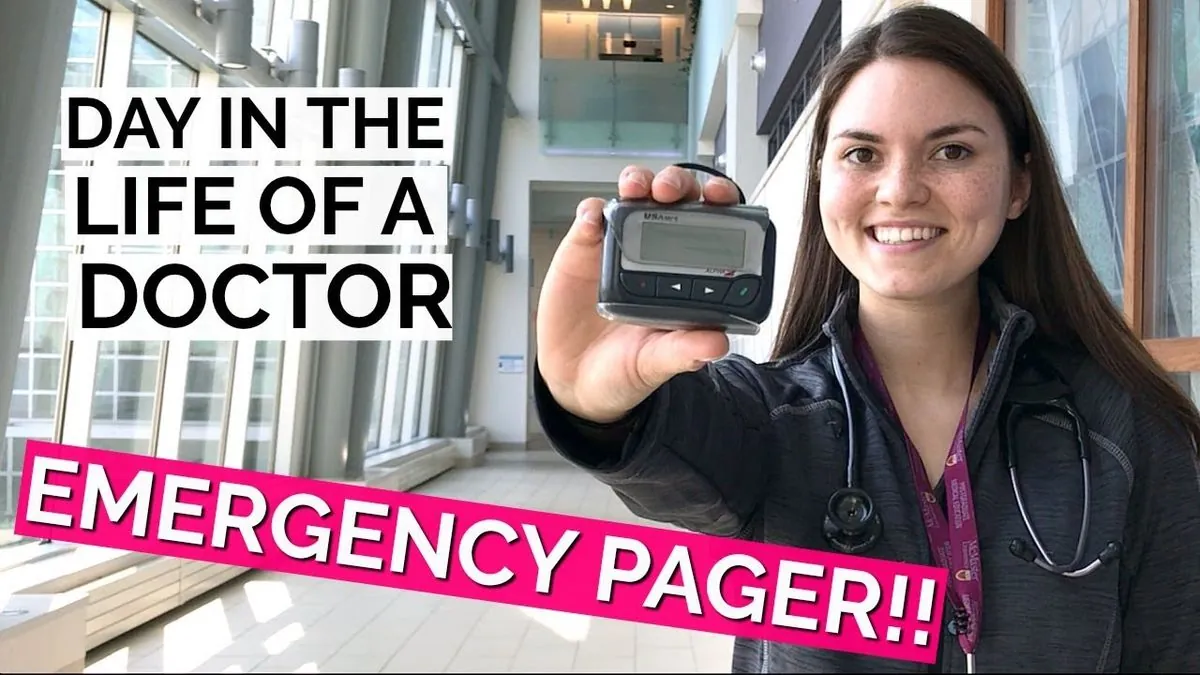Pagers: From 90s Nostalgia to Modern Necessity in Healthcare
Once ubiquitous, pagers have evolved from popular gadgets to niche devices. Despite smartphones' dominance, these reliable communicators still play crucial roles in healthcare and emergency services.

In the early 1990s, a small plastic box that beeped and displayed numbers served as a crucial communication tool for many, including Laurie Dove. Pregnant with her first child in rural Kansas, Dove relied on this device to stay connected with her husband. Fast forward 31 years, and while smartphones have largely replaced pagers in everyday life, these devices continue to play a significant role in certain sectors.
Pagers, first patented by Al Gross in 1949, gained widespread popularity in the 1980s and 1990s. By the mid-1990s, over 60 million pagers were in use globally. Initially intended for doctors, pagers became status symbols and were associated with various professions, including lawyers and journalists.
"Beep diddy beep, will I call you maybe."
However, pagers also gained notoriety in the 1980s due to their association with drug culture. This led to over 50 school districts banning their use by 1988, highlighting the device's complex social impact.
Today, pagers maintain a niche but persistent market, particularly in healthcare. Vincent Kelly, CEO of Spok, a communications company, reports that over 80% of their paging business involves healthcare, with approximately 750,000 subscribers across large hospital systems.

The enduring use of pagers in medical settings stems from their reliability during emergencies. Unlike cell phones, pagers operate on batteries and radio waves, making them resilient to network failures and dead zones. This reliability proved crucial during catastrophic events like the September 11, 2001 attacks, when other communication networks collapsed.
Dr. Christopher Peabody, an emergency physician at San Francisco General Hospital, uses pagers daily. Despite efforts to phase them out, pagers remain prevalent in medical environments due to their simplicity and autonomy. However, Peabody notes that the one-way communication of pagers can be inefficient in modern healthcare settings.
Beyond healthcare, pagers find use in various industries. They're employed in remote locations like oil rigs and mines, and even in crowded restaurants to notify patrons when their table is ready. Some individuals prefer pagers for their privacy features, as they don't track users like smartphones do.
While pagers may seem outdated to many, their continued use in critical sectors underscores the importance of reliable communication in our increasingly connected world. As technology evolves, the humble pager serves as a reminder that sometimes, simpler solutions can be the most dependable.


































